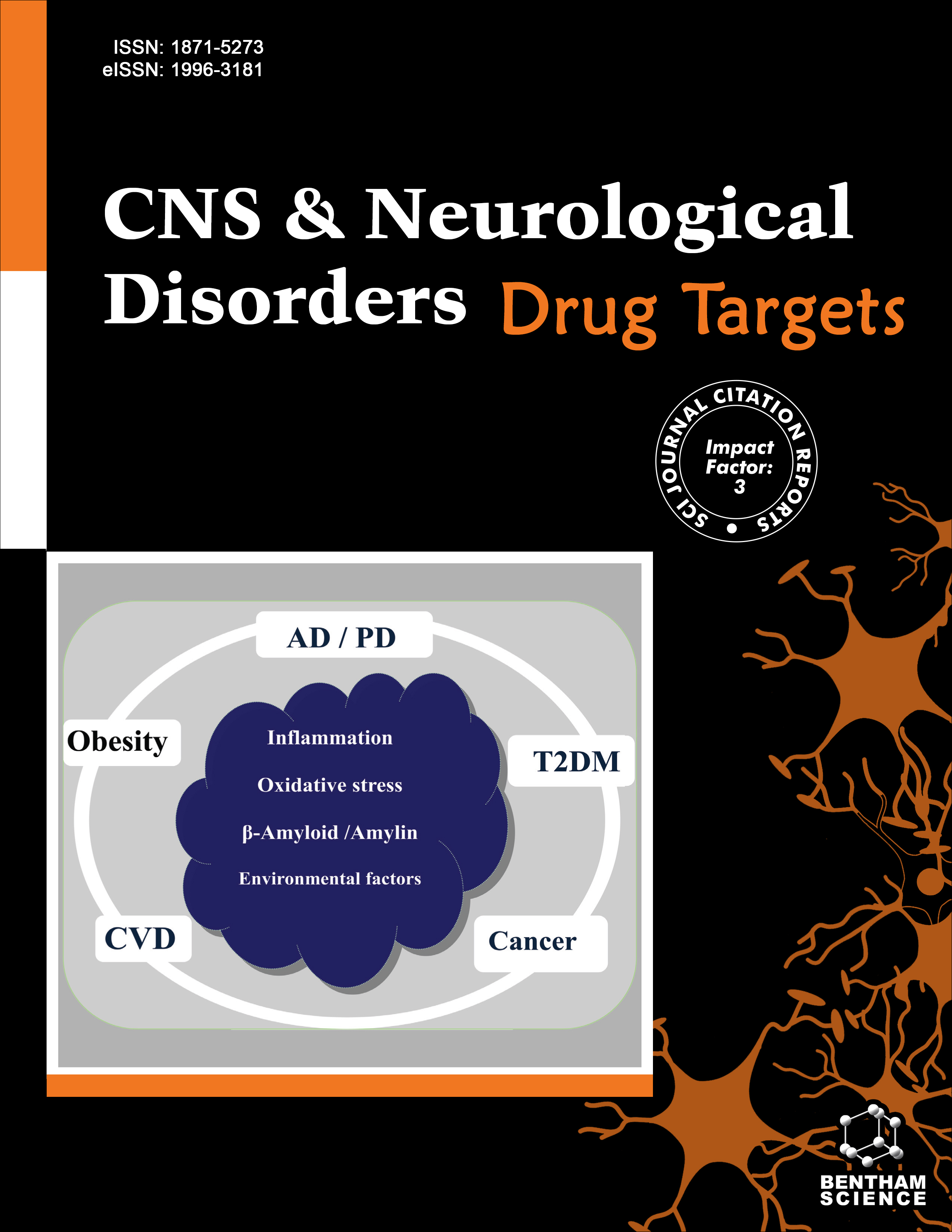-
oa Editorial [Hot Topic: COMT as a Drug Target for Nervous System Disorders (Guest Editor: Francesco Papaleo)]
- Source: CNS & Neurological Disorders - Drug Targets, Volume 11, Issue 3, May 2012, p. 193 - 194
-
- 01 May 2012
Abstract
Catechol-O-methyltransferase (COMT) [1] is a key enzyme involved in the methylation of catechol structures, including dopamine, norepinephrine, epinephrine, caffeine, and catechol estrogens. In the last decade, there has been renewed interest in this enzyme because of the findings that implicate it in the development and manifestations of mental illnesses. It is now commonly accepted that COMT’s most crucial effects are centered in the modulation of prefrontal cortex (PFC)-mediated functions. This might be explained by the major determinant role of COMT in PFC dopaminergic signaling, which is critical for modulating higher order cognitive functions, thereby impacting many domains of human behavior, thought and emotion. However, also regions of the nervous system other than the PFC and biological effectors apart from dopamine might be affected by COMT. This possibility is still less explored and will need to be addressed in future studies. Nevertheless, COMT pleiotropic behavioral effects seem consistent and real. In particular, from studies conducted in both mouse models and humans, COMT enzyme activity seems to be involved in an apparent evolutionary trade-off between cognitive and affective functions [2-4]. The knowledge acquired so far, indicate COMT as an attractive drug target potentially having important implications for several disorders of the nervous system. Indeed, as it is evident from the review manuscripts in this special issue, the activity of COMT has been linked to a large spectrum of human phenotypes, including cognition, pain sensitivity, personality, anxiety, psychosis and reward processing. Notably, the level of COMT enzyme activity presents individual changes in the human population because of common functional genetic mutations. Genetic variations in COMT may have important implications in the clinical setting, as changing COMT activity could impact the efficacy and dosing of a particular therapeutic treatment and/or intervention. Therefore, functional genetic variations in COMT are factors that will probably need to be considered in the rational design of more effective and personalized healthcare.....


